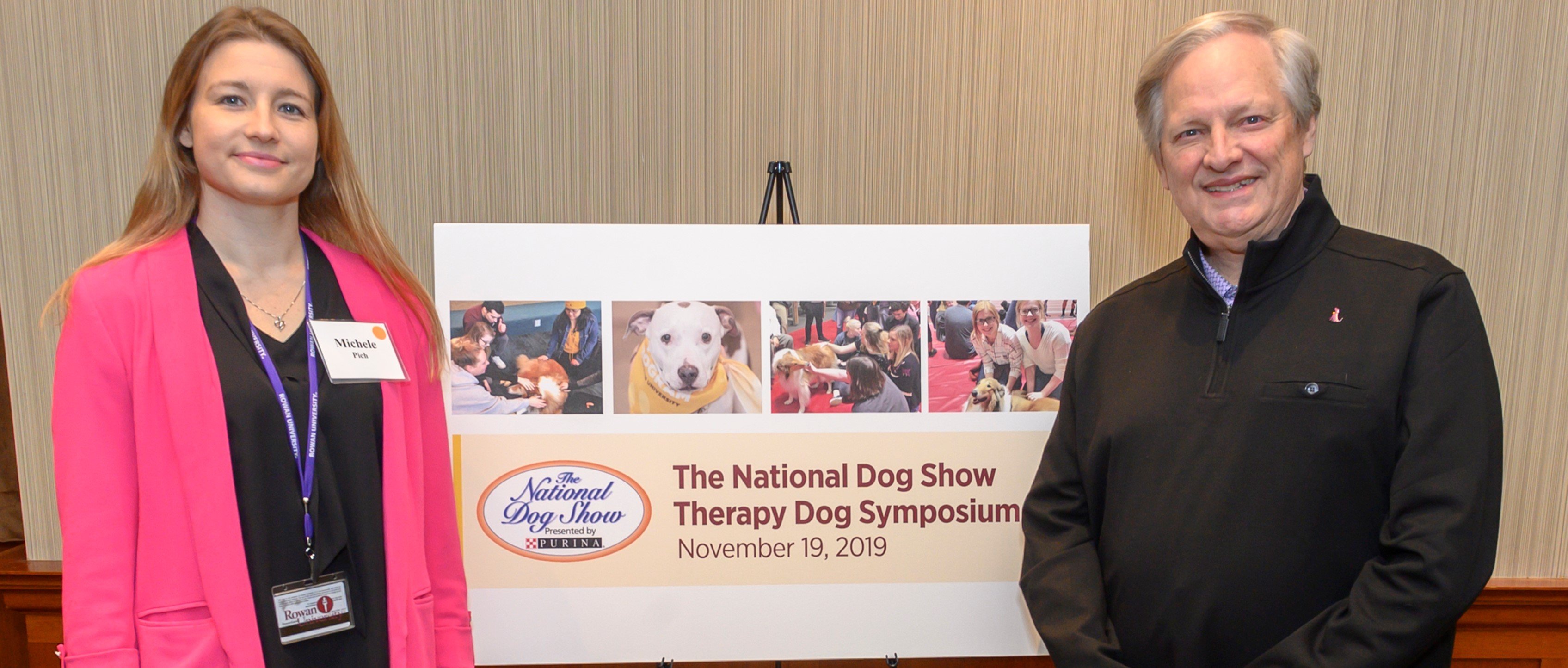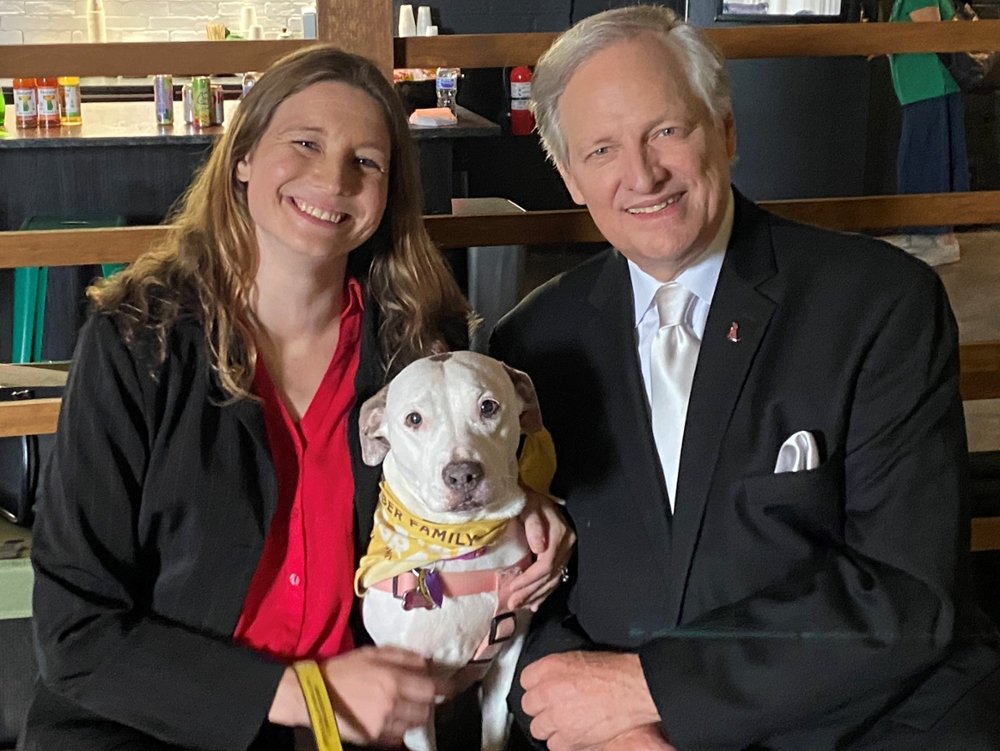National Dog Show Therapy Dog Symposium at Rowan University
National Dog Show Therapy Dog Symposium at Rowan University
Register TODAY for Tuesday, December 2, 2025

Tuesday, December 2, 2025
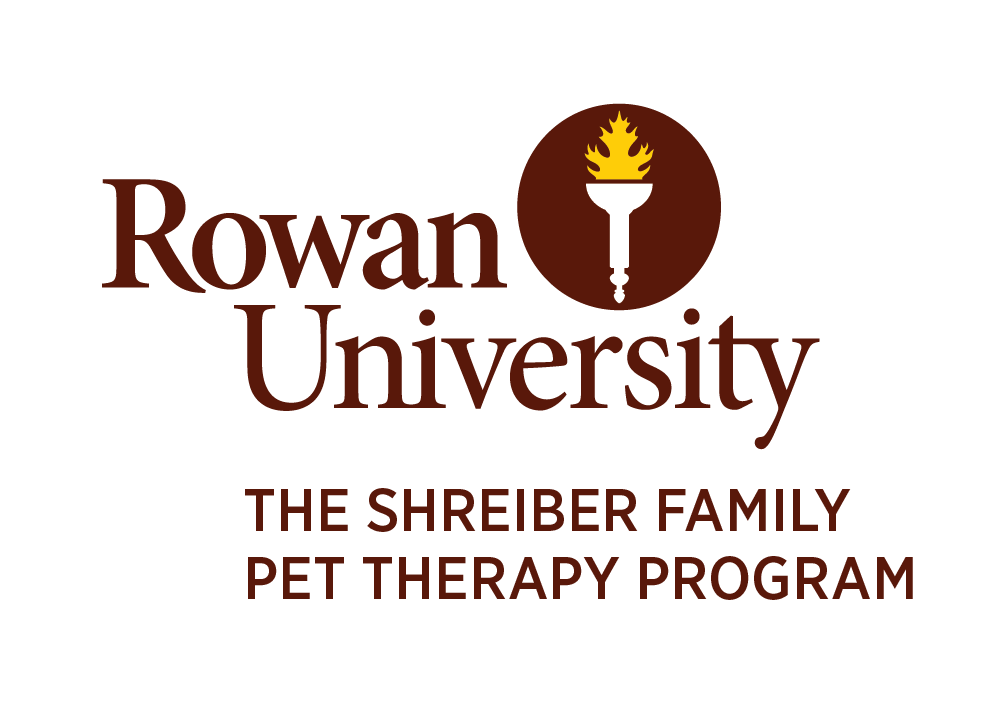

*REGISTER TO ATTEND:
REGISTER HERE
***Call for Sponsors for our 2025 event:
SPONSOR HERE
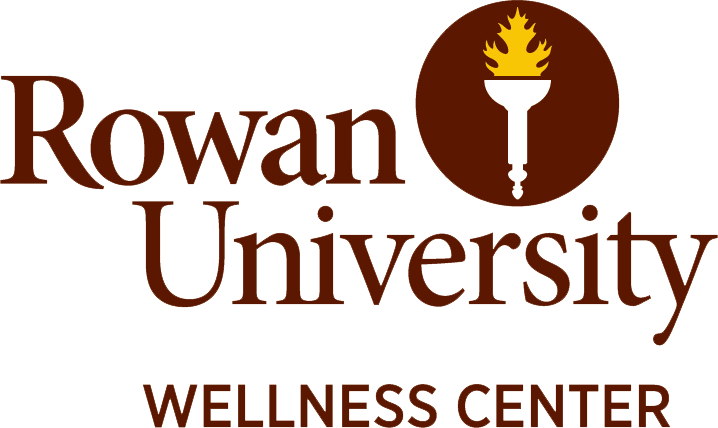

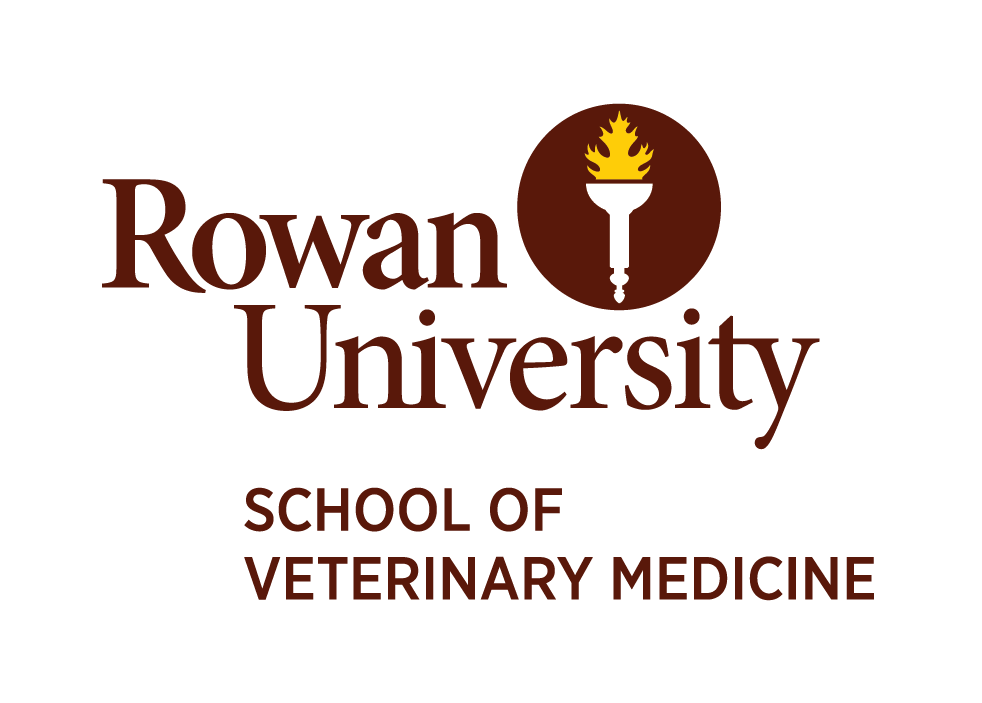
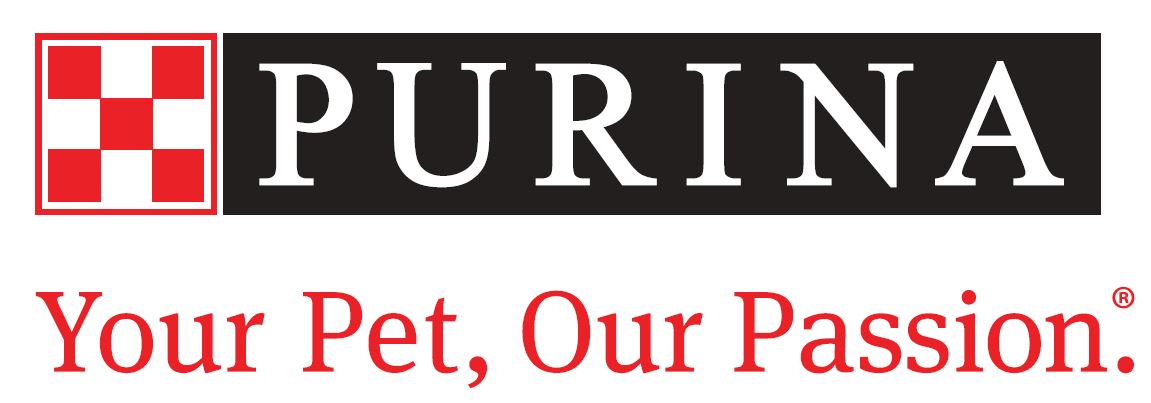
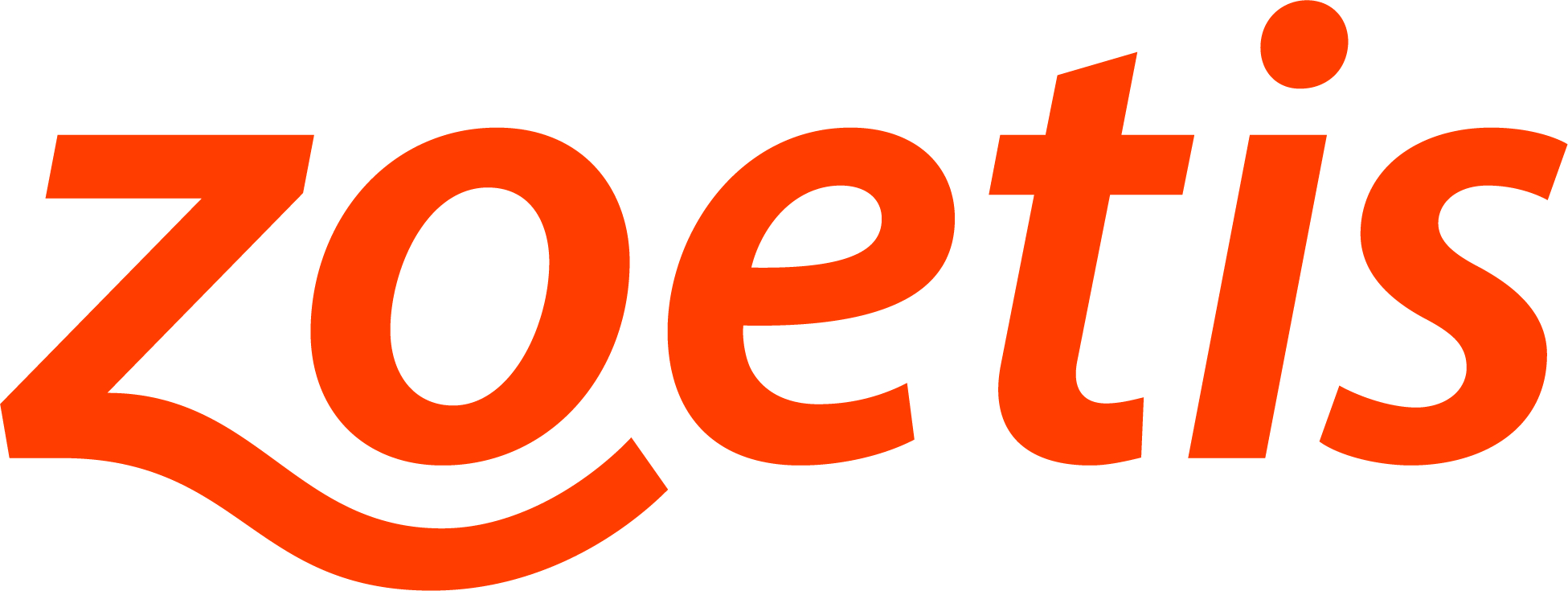
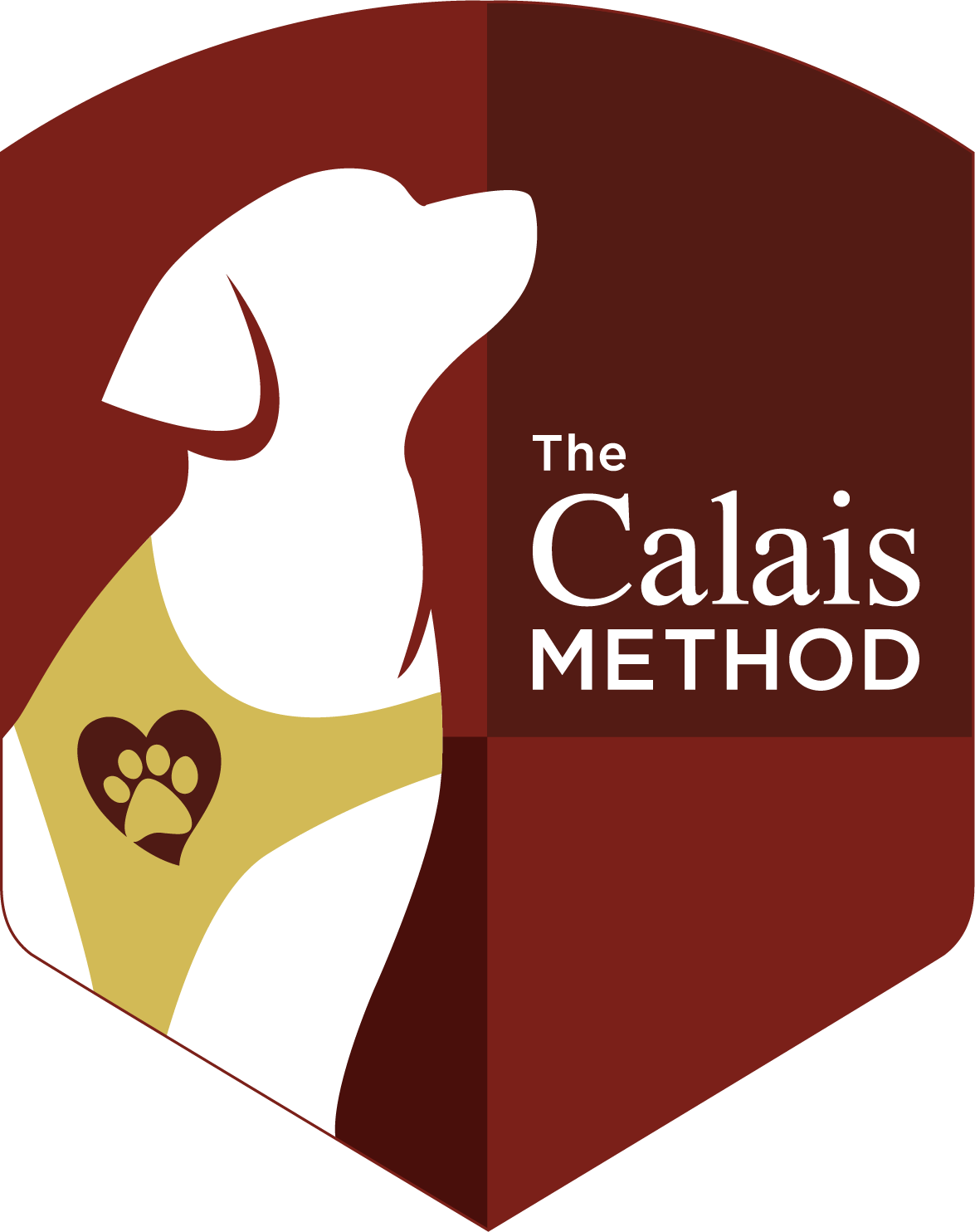
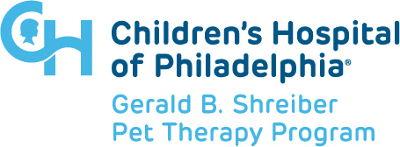
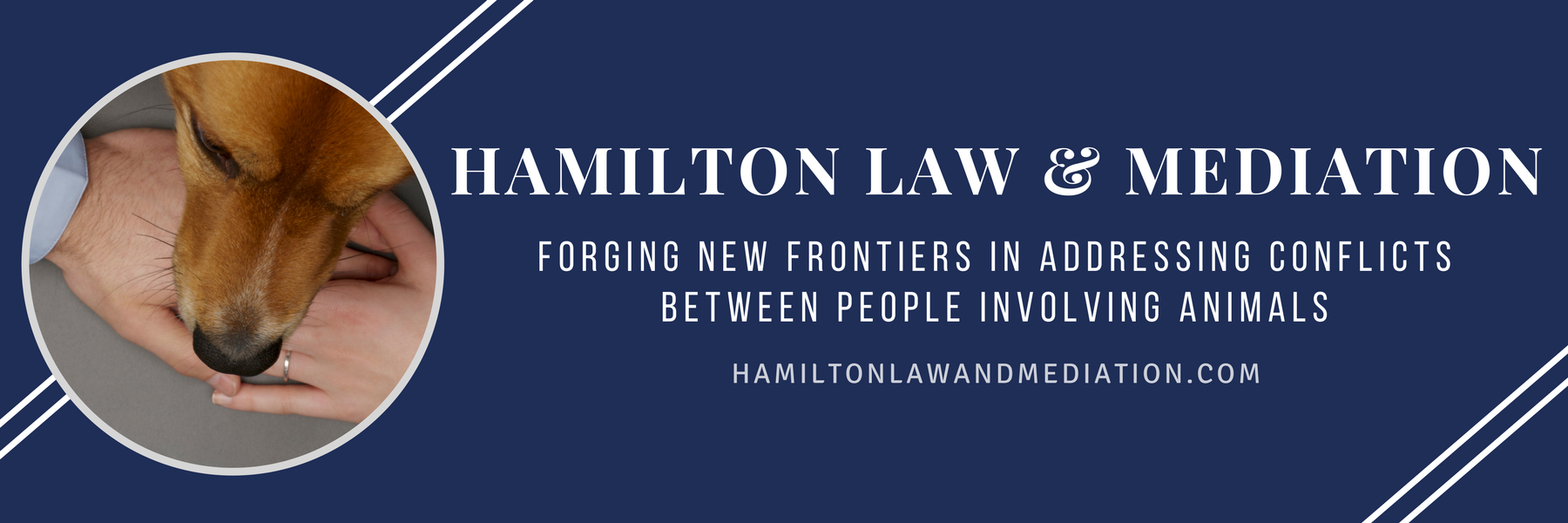

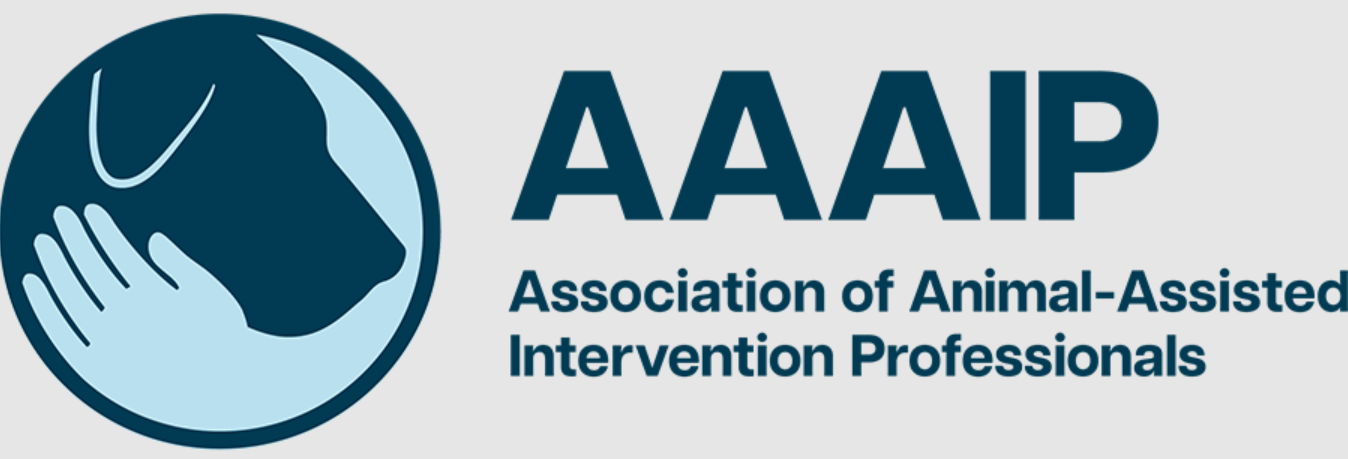

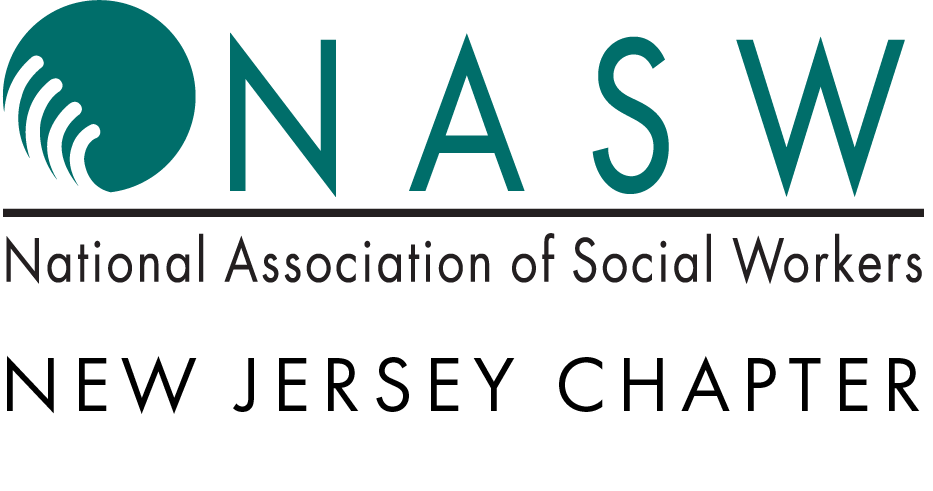
Please email PetTherapy@rowan.edu for questions. Thank you for your consideration!
HOSTS: Michele Pich, MA, MS, CAIS & David Frei, BS
KEYNOTE: Steve Dale, CB!
2025 DATE: Tuesday, December 2, 2025
The National Dog Show Therapy Dog Symposium at Rowan University is one of America’s most prominent gatherings devoted to therapy dogs. The day-long conference brings together therapy dog handlers, health care experts & clinicians, academics, those who want to get involved and people who simply love dogs, to share information, cutting edge research, insights from practical applications and best practices.
The conference is hosted by Rowan University in Glassboro, NJ, just 30 minutes from downtown Philadelphia. The school is home to the ground-breaking Shreiber Family Pet Therapy Program where students have access to therapy dogs year-round.
The 2025 conference will be held on Tuesday, December 2, 2025 from 10 a.m. to 4:30p.m. (EST). In-person attendance includes lunch and provides additional networking opportunities, and virtual option will also be offered. This is a human-only event (we love your furry ones, but please leave them at home unless they are an actively working medically necessary service dog... sorry no emotional support animals, therapy dogs, pets or other animals allowed from speakers, sponsors, or attendees). There will be a couple of the Shreiber Family Pet Therapy Program of Rowan University therapy dogs working at the event during lunch or breaks, but otherwise, we ask that no other animals be in attendance.
The symposium is hosted by Michele Pich & David Frei, who also chair the the planning committee. David is the expert analyst/host on NBC’s National Dog Show, broadcast every year on Thanksgiving, and one of the best known names in the canine world. He is also a prolific writer and founder of Angel on a Leash therapy dog program, who currently volunteers with his therapy dog, True, a sweet Cavalier (and previously visited with the lovely Angel, Gracie, and Teigh). Michele Pich is the Founding Assistant Director (Department Head) of Shreiber Family Pet Therapy Program and former faculty in Law and Justice Studies at Rowan University, previously a Veterinary Grief Counselor at the University of Pennsylvania Veterinary School, and a mental health counselor prior to that, with her doctoral dissertation research in trauma-informed practice. Michele has worked in animal-assisted therapy (and other animal-assisted interventions & services) for over 15 years, including with her previous certified therapy dog, Vivian Peyton, CGC, and her current certified therapy dog, Ralphie, CGC, who visits as part of the Shreiber Family Pet Therapy Program at Rowan University. Ralphie joined his sister on the Therapy Dog Ambassador team for the National Dog Show. Both Ralphie and Vivian are the 2025 ASPCA Dogs of the Year.
Past keynote speakers include: Dr. Marty Becker, Dr. Temple Grandin, Dr. Cindy Otto, Dr. Carlo Siracusa, Dr. Rise VanFleet, Ann Howie, Dr. Aubrey Fine, and David Frei!
Event Planning Comittee Members: David Frei, Michele Pich, Steve Griffith, Mary Grace Buckwalter, Dr. Mary Kay Tuohy, Dr. Kirsten White, Alice Hoersch, Kelly Rounds, Debra Hamilton, Cindy Pearce, Ted Slupik, Chris D'Angelo, and Kiniece Williams
*** continuing education credits awarded from the following organizations for eligible attendees: Certification Council for Professional Dog Trainers® (CCPDT®) for Behavior Consultants/CPDT-KA/CPDT-KSA [n=5.0]; through National Association of Social Workers- New Jersey (NASW-NJ) for social workers [n=5.0], through the Association of Animal Assisted intervention Professionals (AAAIP) for certificate holders [n=5.0], and for veterinarians licensed in New Jersey through the New Jersey Veterinary Medical Medical Association (NJVMA) [n=1.0].
***2025 EVENT AGENDA WITH TIMES:
_docs/2025agenda_therapydogsymposium2025-11202025-final-to-print.pdf#AGENDA WITH TIMES
2025 KEYNOTE Speaker:
Steve Dale, Certified Animal Behavior Consultant (CABC)
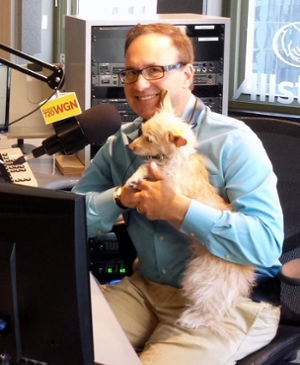
Topic: "Therapy Dogs: Where the Heart Intersects with Science"
Abstract
Steve Dale shares his story of a once-fearful rescued dog who, against all odds, blossomed into a confident therapy dog in what he calls a “Pygmalion transformation”—or perhaps more fittingly, “My Fair Canine.” Alongside this journey, Steve reflects on his beloved dog Hazel, who brought joy and healing to countless children during her many years of service with Rainbow Animal Assisted Therapy at a Chicago children’s hospital. Hazel’s retirement raises a vital yet often overlooked question: How do we know when it’s time for our therapy animals to step back, and how do we ensure that decision is about their well-being rather than our own ego? Drawing from personal experience, moving anecdotes, and his own research into the subject, Steve explores the human–animal bond at its most inspiring and its most humbling. Attendees will gain not only a renewed appreciation for the both the science and the heart of transformative power of therapy dogs but also thoughtful guidance on navigating the delicate balance between honoring dogs’ gifts and respecting their limits.
Bio
Steve Dale, CABC (certified animal behavior consultant) is host of Steve Dale’s Pet World, WGN Radio. He’s an international speaker, and has contributed and/or authored various books, both for veterinary professionals and for the general public, including Ask The Dog, Decoding Your Dog and Decoding Your Cat. He contributes to the Journal of National Association of Veterinary Technicians in America. He’s appeared on many TV shows, including Oprah and Good Morning America and serves on the Boards of the EveryCat Health Foundation, Human Animal Bond Association, Association for Pet Obesity Prevention, and Anti Cruelty (Chicago). His award-winning website: www.stevedale.tv.
Steve’s TV appearances include the The Oprah Winfrey Show, National Geographic Explorer, Good Morning America; Pets: Part of the Family (PBS), Fox News, various Animal Planet shows, Daytime Chicago (WGN-TV) and countless others including The Pet Project and Balance TV (Canada) and TV shows in England, Australia, Japan, Peru and elsewhere. For several years, Steve was a regular contributor to Superstation WGN-TV morning news, then appeared regularly on WMAQ-TV, Chicago. Steve was a contributor to nationally syndicated HouseSmarts TV and for two years announcer for Hero Dog Awards on Hallmark. Steve’s also been a frequent host of satellite media tours and has his own YouTube channel.He was host of syndicated Animal Planet Radio and then a national version of Steve Dale's Pet World and The Pet Minute, syndicated Black Dog Radio Productions (2005 to 2024).
Speakers Include:
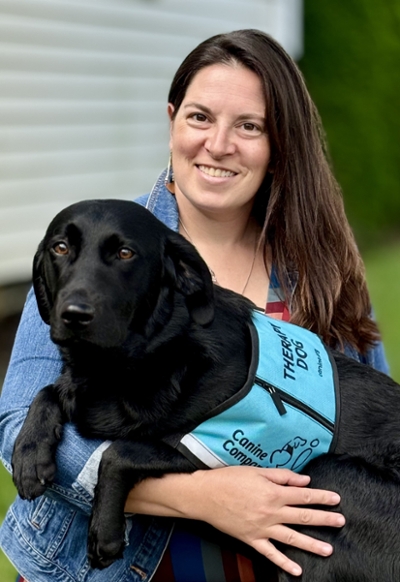
Aviva Vincent, PhD, LSW, CTRI/ESMHL (PATH Intl), C-AAIS (AAAIP)
Topic: "Planning with Purpose: Lessons from a University Therapy Dog Program"
Abstract
Learning Obectives:
- Describe the essential components of a logic model and explain how it can be used to plan, implement, and evaluate Animal-Assisted Intervention (AAI) programs.
- Apply the logic model framework to a real-world case example (Cleveland State University's therapy dog program) to identify program goals, inputs, activities, outputs, and outcomes.
- Develop a draft logic model tailored to participants’ own AAI program contexts, addressing considerations of logistics, sustainability, and the needs of both human and animal stakeholders.
Summary:
Whether starting or expanding an Animal-Assisted Intervention (AAI) program, thoughtful planning around logistics and sustainability is essential. This session, designed for program directors, mental health clinicians, and educators, will introduce the logic model as a tool to design, implement, and evaluate AAI programs. Using Cleveland State University’s therapy dog program as a case example, participants will explore real-world challenges and opportunities while being guided step by step through the logic model process. Attendees will leave with practical tools, increased confidence, and a draft logic model to support continued program development beyond the session.
Keywords:
- therapy dogs, correctional facilities, human–animal bond, rehabilitation, restorative practices,, facility wellness, prosocial skills, program development, animal-assisted interventions
Bio
Veterinary Social Worker and Assistant Professor here at Cleveland State University. As a social justice advocate, she centers DEI in teaching, research and practice, inclusive of Access and Belonging. She is a researcher studying the physiological impact of the human-animal bond. I also identify as: educator, advocate, practice owner, and mother. She is trained in Results Based Accountability for organizational strategic planning and evaluation, and hold facilitator training through the Harwood Institute, Sustained Dialogue, and the Institute for Social Change. The aim of her collective research is to apply rigorous, mixed-methods methodology to understand the effect and impact of human-animal interaction. I explore animal-assisted interventions, Veterinary Social Work, and Equine Assisted Services. By identifying rigorous methods for data collection and clear outcomes, my aim is to explore and distill mechanisms of change within interventions. Moreover, she is very curious about what works well, and opportunities to measure joy, bonding, and happiness. If successful, her research will advance critical thought within the research community and create opportunities for skill development for practitioners.

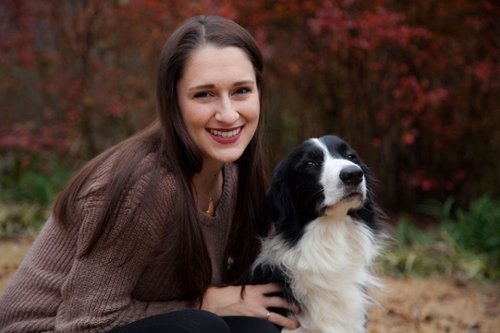
Kelly Lewis, C-AAIS (AAAIP,Certified Humane Education Specialist Animal Assisted Interventions Specialist Georgia Department of Juvenile Justice) & Taylor Chasain Griffin, PhD, C-AAIS (Executive Director, Association of Animal Assisted Intervention Professionals)
Topic: “Unlocking Potential: The Role of Therapy Dogs in Correctional Care”
Abstract
Learning Objectives:
1. Describe the range of ways therapy dogs are currently supporting correctional settings, including services for inmates, staff, and facility culture.
2. Identify key lessons learned from implementing and sustaining therapy dog programs in justice-related environments.
3. Apply best practices and practical considerations for building therapy animal programs in correctional facilities and beyond.
Summary:
Therapy dogs are increasingly being welcomed into correctional settings, where they offer unique support to incarcerated individuals, facility staff, and the wider culture of rehabilitation. This session provides a snapshot of the diverse ways therapy animals are serving justice-involved populations, from fostering prosocial skills to reducing stress and enhancing connection. Drawing from real-world examples, participants will explore both the opportunities and challenges of working in these environments and walk away with key lessons learned from the field. Practical guidance and actionable steps will also be shared for those interested in building safe, ethical, and sustainable therapy animal programs in any context.
Keywords:
-therapy dogs, correctional facilities, human–animal bond, rehabilitation, restorative practices,, facility wellness, prosocial skills, program development, animal-assisted interventions
Bio
Kelly Lewis is a Certified Humane Education Specialist who has played a key role in developing therapy animal programming for the Georgia Department of Juvenile Justice. Passionate about the restorative power of the human–animal bond, she has dedicated her life to rescuing, training, and sheltering animals. As a Subject Matter Expert for the State of Georgia, Kelly has guided program development, state policy creation, and kennel operations standards. She also teaches prosocial dog training curricula to both teen and adult inmates. Having grown up in the same systems as the youth she now serves, Kelly brings empathy and impactful connection.
Taylor Chastain Griffin, PhD believes deeply in the transformative power of the human–animal bond. From her early experiences training and rehabilitating dogs to partnering with her own pets as therapy animals, she has witnessed firsthand the profound impact animals can have on people’s lives. With a master’s in mental health counseling and a doctorate in research psychology, Taylor focuses her work on advancing research and practice in the therapy animal field. She serves as National Director of AAI Advancement for Pet Partners (PP) and Executive Director of the Association of Animal-Assisted Intervention Professionals (AAAIP), and as a speaker, author, and consultant, strives to illuminate the intersection of human and animal wellness.

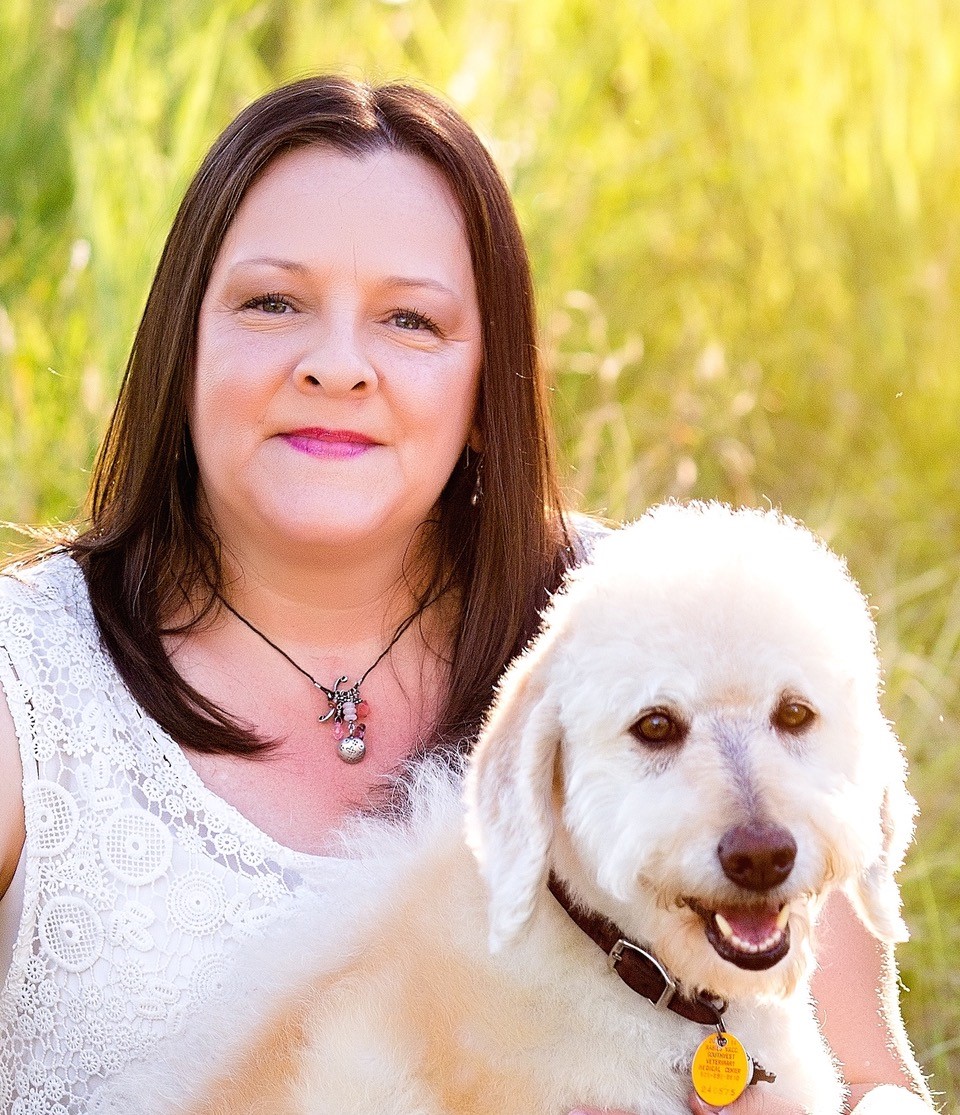
Amy Binder, MA, MAT, LPC, CPDT-KA, UW-AAB (Clinical Assistant Professor, Program Director Animal Assisted Services Programs) & Melissa Winkle, OTR/L, FAOTA, CPDT-KA (Owner, Dogwood Therapy; President Emeritus Animal Assisted Services International)
Topic: "Does My Dog REALLY enjoy the work? Maintaining Animal Welfare and Behavior in Animal Assisted Services"
Abstract
Learning Objectives:
- Describe why animal species, breed, and individual traits should be considered when including them in AAS.
- List at least three characteristics that are pivotal when preparing and evaluating animals for work in AAS.
- Explain the animal guardian’s role in maintaining optimal welfare in dogs working in AAS.
- Identify at least three signs of relaxation and three signs of stress in dogs.
Summary:
The welfare of animals in animal-assisted services (AAS) requires rigorous assessment beyond traditional utilitarian frameworks. While welfare conversations recognize the intrinsic value of animals, practice often falls short in evaluating how individual dogs experience working alongside their humans. This presentation highlights the use of ethograms as systematic tools for observing and interpreting canine behavior, enabling providers to detect subtle indicators of stress, emotional contagion, and mental health concerns. Additionally this presentation shares case scenarios and questions for discussion.
Keywords:
animal assisted services; animal welfare; dog welfare; ethogram; dog behavior
Bios
With more than 20 years of experience in AAS, Dr. Amy Johnson Binder, MA, MAT, LPC, CPDT-KA, UW-AAB, is a Clinical Assistant Professor and Program Director of the Integrative Behavioral Health program at the University of North Florida, which includes the Animal-Assisted Services programs. She serves as adjunct faculty at Husson University where she develops and teaches courses in animal training and animal assisted services. Dr. Binder is a Licensed Professional Counselor and a certified dog trainer through the CCPDT. She serves as expert adviser of the Board for the APA’s Human-Animal Interactions Section 13, has presented nationally and internationally and published nearly 3 dozen journal articles and book chapters on animal-assisted services, training, and welfare.
Melissa Winkle, OTR/L, FAOTA, CPDT-KA is an occupational therapist that works with people of all ages and abilities. She is also a Certified Professional Dog Trainer with nearly two decades of experience. Melissa has a special interest in Animal Assisted Therapy (AAT)and Service Dogs. She offers occupational therapy, dog training, workshops, and consulting. She serves on several national and international boards, task forces, and special interest groups. Ms. Winkle teaches the Animal Assisted Services Certificate at the University of North Florida and is the founder of the Animal Assisted Academy.
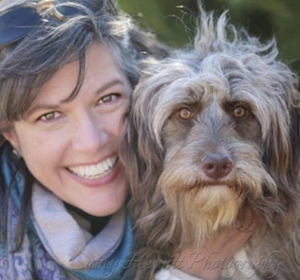
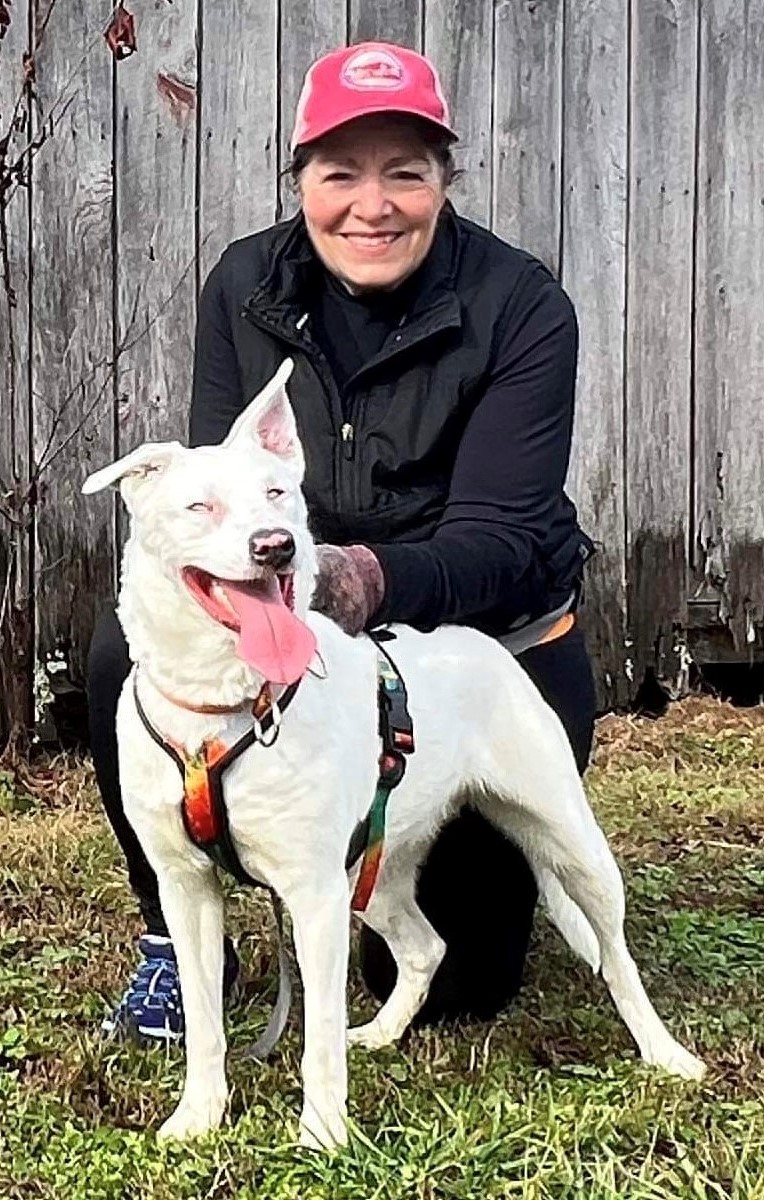
Karen Armsey (HABIT Program Administrator) & Heddie Leger (Social Work, BSSW, CFFT, CHES, CPDT, Fear Free, Force Free Consultant)
Topic: “Heart to Heart Communication - The Unspoken Language”
Abstract
Learning Objectives:
1. How language can get in the way
2. Silence is golden - ways to connect without words
3. Actions speak louder than words
4. Proper interactions between the animal and the client
5. Seeing clearly to effectively create the bond
Summary:
The field of Animal Assisted Interventions is blossoming. More research is validating the value of the human animal bond and the profound impact it can make between species. We will explore how that happens, how to better understand animal communication, and ways to connect when English is a Second Language.
Keywords:
-HABIT, Heart, Healing, Fear Free, Force Free, Connecting, Communicating
Bio
Karen Armsey's life has gone to the dogs (cats, and rabbits, too). Her passion to bring AAI to as many venues as possible in rural America is relentless. She is the HABIT administrator, and so much more. She is an army of one managing a program with a volunteer executive committee serving the State of Tennessee through the University of Tennessee HABIT Program. HABIT stands for Human Animal Bond In Tennessee. She and her therapy dog, and other teams can be found where ever they are needed across Tennessee.
Heddie Leger has been providing AAT before there were certifications offered. Starting on her own, she developed a free-standing program which became citywide. Then she joined Delta, which became PetPartners. She and her therapy animals (dog, cat, rabbit, guinea pig, and a mini-horse) have built teams across the country. She has been instrumental to developing services in correctional facilities, mental health facilities, and domestic violence shelters. Her passion for the field is endless.
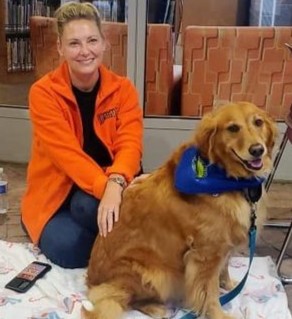
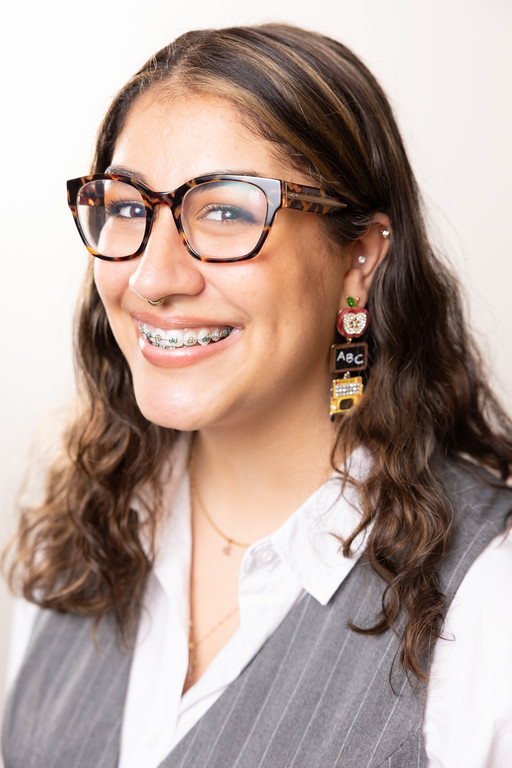
Krista Vince Garland, PhD, LMHC-P (Associate Professor) & Michaela Nunez (Program Intern and Research Assistant)
Topic: “Project Paws: Persistence and Motivation in Literacy Learning for Students with Disabilities”
Abstract
Learning Objectives:
1. Explain how therapy dog presence can influence student engagement during literacy tasks for children with disabilities.
2. Examine study results to understand the potential benefits of animal-assisted interventions in inclusive classrooms.
3. Apply insights from the research to conceptualize how therapy dogs could be integrated into their own educational or child-serving settings.
Summary:
This study investigated persistence and motivation among students with disabilities (SWDs) when reading a challenging passage under two conditions: with and without a therapy dog present. The participants were seven first through third grade students receiving special education services for reading-related learning disabilities at an inclusive, urban Title I charter school. Results demonstrated observable and measurable increases in reading motivation (interest and competence) and persistence (time spent reading) in the therapy dog condition. Quantitative findings were supported by qualitative reports of heightened interest in reading, with persistence confirmed through visual analysis showing 100% nonoverlapping data (PND).
Bios
Krista Vince Garland, PhD., LMHC-P is an Associate Professor of Exceptional Education at Buffalo State University. Her research and teaching focus on special education and inclusive practices, with an emphasis on animal-assisted interventions in educational and therapeutic contexts. She also serves as program coordinator for the SPCA Serving Erie County’s Paws for Love therapy pet program, fostering partnerships between schools, hospitals, community organizations, and therapy teams. Dr. Vince Garland is also a Clinical Mental Health Counselor, integrating scholarship, practice, and service to support student learning and community well-being.
Micaela Nuñez is an undergraduate student majoring in Special and Childhood Education at SUNY Buffalo State. For the past year, she has completed an internship in partnership with the SPCA Serving Erie County’s Paws for Love therapy pet program, Buffalo State University, and K–12 schools, examining the role of animal-assisted interventions in academics and social-emotional learning. She also works as an Academic Mentor with the ACE/EOP Program, where she provides individualized tutoring, mentoring, and inclusive student support. A Dean’s List student and award recipient, Micaela is dedicated to supporting students with disabilities.
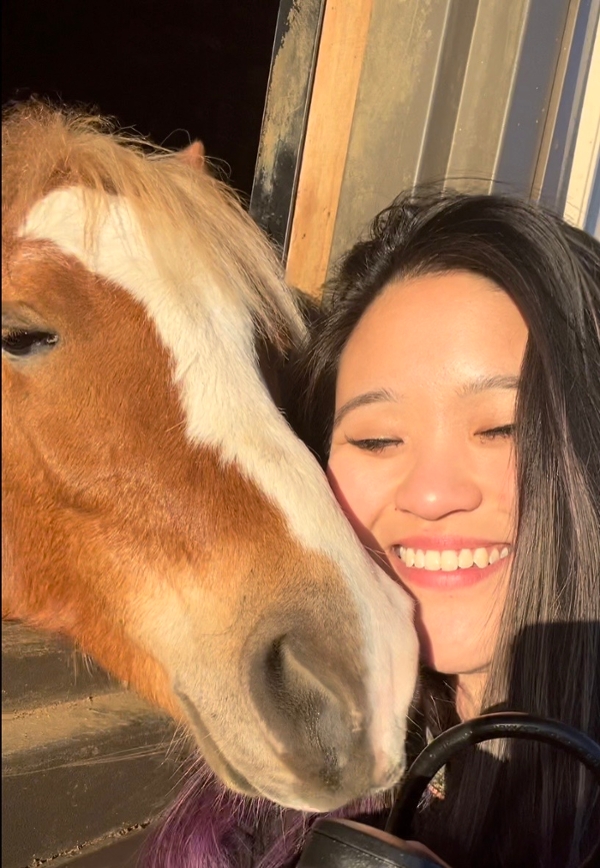
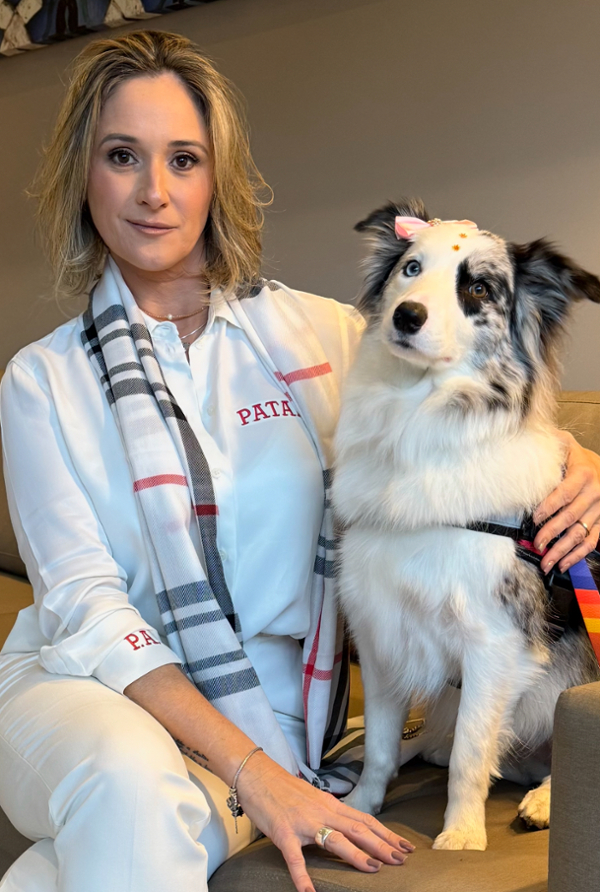
Angela Gizzi, BA; Emi Parente, CAIS (Founder | PATAE Academy CAIS – Ethology | WPF – Behaviorism | Oxford Mentor – Adimax Institute - Biolab & Avert Leader in Animal Advocacy in AAI – Latin America Professor in Animal Protection & AAI Practices Recognizing Animals as Sentient Beings) & Shelly Fisher, RN, BSN, CAIS (Founder of Ruff Possibilities LLC DBA Paws To Thrive. Previously Animal Assisted Manager at Eskenazi Health)
Topic: "Recognizing Sentience: Advancing Ethics and Justice in Animal-Assisted Services"
Abstract
Learning Objectives:
1. Reflect on ethical dimensions of interspecies relationships by analyzing principles of compassion, justice, and humane care in animal-assisted services (AAS).
2. Examine the concept of a Declaration on Sentience in AAS and articulate its implications for therapy dogs and the people they serve.
3. Identify barriers (cultural, organizational, logistical, or ethical) that may prevent the adoption of compassionate and sustainable models of care for therapy animals.
4. Explore and propose sustainable strategies to promote the well-being of therapy dogs while ensuring high-quality, ethical care for clients.
5. Collaboratively design a model of care that integrates interspecies ethics, sentience recognition, and sustainability into practice.
Summary:
Science increasingly confirms the emotional and cognitive complexity of animals, reshaping therapy dog partnerships. The 2024 New York Declaration on Animal Consciousness highlights global recognition of animal sentience, affirming their capacity for emotion, awareness, and relationships. This session explores how acknowledging sentience transforms clinical practice, strengthens the Human–Animal Bond, and deepens ethical responsibilities in Animal-Assisted Services (AAS). Participants will reflect on interspecies ethics, consider a Declaration on Sentience in AAS, identify barriers, and explore sustainable strategies. Together, we can build a compassionate, just, and humane model of care for therapy dogs and those they serve.Discuss ways participants can integrate sentience-based ethics in their own organizations. Identify barriers and opportunities for cultural change within clinical practice. Share practical strategies for sustainable, compassionate implementation.
Bios
Angela Gizzi is the Founder of Mahaloka Sun Sanctuary and a Graduate Researcher at the University of Denver's Institute for Human-Animal Connection, Angela Gizzi advances interspecies justice and well-being through research on human-animal interactions in clinical practice, positive youth development, equitable access to veterinary care, and One Health. Her work at the Institute for Animal Sentience and Protection integrates this research with policy, law, and community action to improve the lives of animals and strengthen the ecosystems we share. University of Denver Graduate Student Researcher, Institute for Human-Animal Connection & Institute for Animal Sentience and Protection Fellow, Founder of Mahaloka Sun Sanctuary, Stanford University Graduate School of Business Certificate in General Management, Hamilton College Research Assistant and BA in Psychology, U.S. Department of State Critical Language Scholar.
Emi Parente is the founder of PATAE – Academy, Latin America’s largest certification academy in animal-assisted services, with 180+ certified teams. An Oxford-certified behaviorist, animal behavior specialist (Wolf Park Foundation), and expert in Canine-Assisted Interventions (University of Denver), she represents Brazil in international forums on animal ethics and inclusion. Creator of the PATAE methodology, recognized for advancing mental health, educational inclusion, and cancer palliative care through the human–animal bond, she leads initiatives that treat animals as sentient partners and deliver measurable social impact.
Shelly Fisher, RN, BSN, CAIS Founder of Ruff Possibilities LLC DBA Paws To Thrive. Previously Animal Assisted Manager at Eskenazi Health. Shelly Fisher, a dedicated nurse and Animal-Assisted Interventionist with over 25 years of clinical experience. As the daughter of a dairy farmer, I’ve always felt the deep, nurturing bond between humans, animals, and nature. Now, I am channeling that compassion into creating animal-assisted wellness gardens. In 2021, I established the Canine Wellness Garden at Eskenazi Health, the first human-animal connection space of its kind in a healthcare setting. She now helps build these therapeutic environments in hospitals, care centers, and academic campuses across the United States.
____________________________________________________________________________________
Event Building Location for Ubur/Lyft drop-off: Chamberlain Student Center (3rd floor Enyon Ballroom), 201 Mullica Hill Rd., Glassboro, NJ 08012
- PARKING: GPS Address- Enter “1 Memorial Circle, Glassboro, NJ 08028” into your GPS to arrive at the Welcome Gate. Once checked in, you will be directed to park in the Townhouse Parking garage.
- Campus Map: https://www.rowan.edu/about/visiting/main.html
*** IF YOU ARE REGISTERED FOR THE VIRTUAL PROGRAM AND HAVE TECHNOLOGY ISSUES DURING THE EVENT, EMAIL: ROTH@ROWAN.EDU ; IF YOU ARE ATTENDING IN-PERSON AND NEED ASSISTANCE, YOU CAN CALL THE WELLNESS CENTER: 856-256-4333.
Traveling by air? Closest Airport:
Phildelphia International Airport (about 25 min Uber drive) or Atlantic City Airport (about 45 minute Uber ride).
Hotel Accommodations for the National Dog Show Symposium at Rowan University
Hotel accomodations for the National Dog Show Therapy Dog Symposium at Rowan University can be made at:
The Marriott in Glassboro, NJ (on campus, a quick 1.5 block walk to event)
To book, click HERE.
*If staying at the Marriott in Glassboro, please leave your car parked there & either plan to walk to the Chamberlain Student Center or you will be able to request a golf-cart transport if you have mobility concerns.
Campus Map: https://www.rowan.edu/about/visiting/main.html
